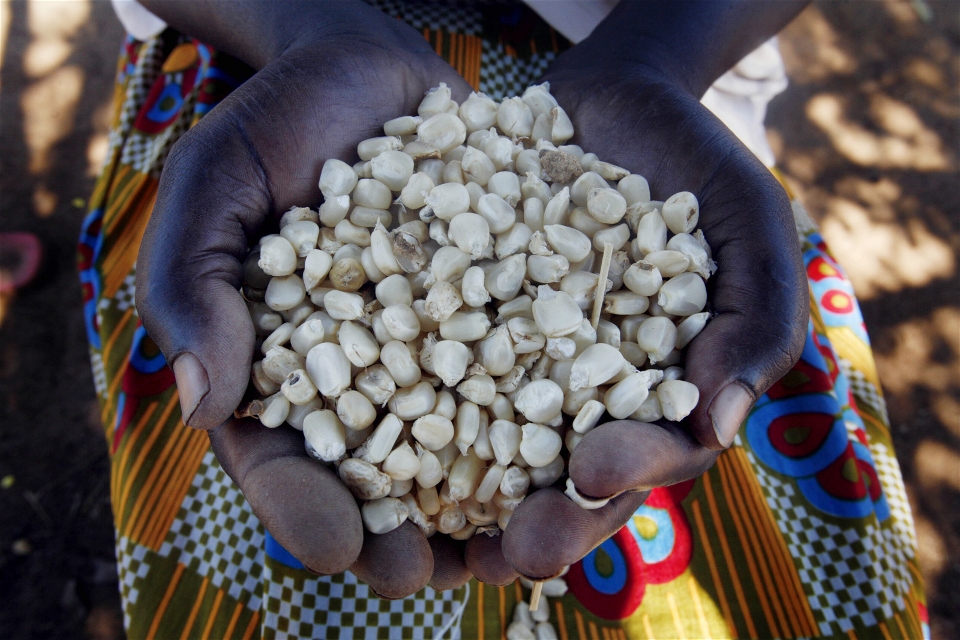In addition to the constant threat of attack and abduction, the LRA has presented vulnerable communities in central Africa with numerous institutional challenges. In recent years, the LRA’s survival strategies have shifted towards looting and stealing crops – threatening these communities’ food security on a huge scale. In fact, one of the worst consequences of the LRA’s presence today is hunger.

These attacks represent a clear and sudden loss of resources and livelihoods.
In order to survive in the bush, the LRA has been conducting attacks on vulnerable communities with the sole purpose of looting food to ensure their own survival; this is life-altering for geographically- and economically-isolated communities. If the LRA steals a community’s harvest for the year, the effects of the theft are often felt until the next crop season. Additionally, if subsequent crop yields are smaller, food supplies become insufficient to sustain the population’s dietary needs. The threat of LRA attacks has also affected civilians’ abilities to farm. It is not uncommon for fields to remain untouched because of the fear of further attack.
In some parts of the CAR and the DR Congo, hunters and fishermen refuse to go into the bush because they don’t want to become LRA targets, and the remoteness of the communities does not always allow for timely intervention by humanitarian organizations and security forces. Because of the scarcity of food, prices have sometimes doubled in these communities. In Obo, CAR, for example, there has been a lack of meat and a marked increase in the price of food (click “translate” for the English version of this article).
The LRA is also responsible for the displacement of hundreds of thousands of people. Communities have had to abandon their homes out of fear of attack, leading to mass displacement throughout the affected countries. When entire communities are displaced, it becomes harder for them to grow their own food and be self-sustainable, as they lose an important source of income. Hunger and the loss of livelihoods are often underreported byproducts of conflict; at Invisible Children, we are constantly working to not only stop LRA violence but also its destructive, and often hidden, repercussions.
Think people should hear about this?